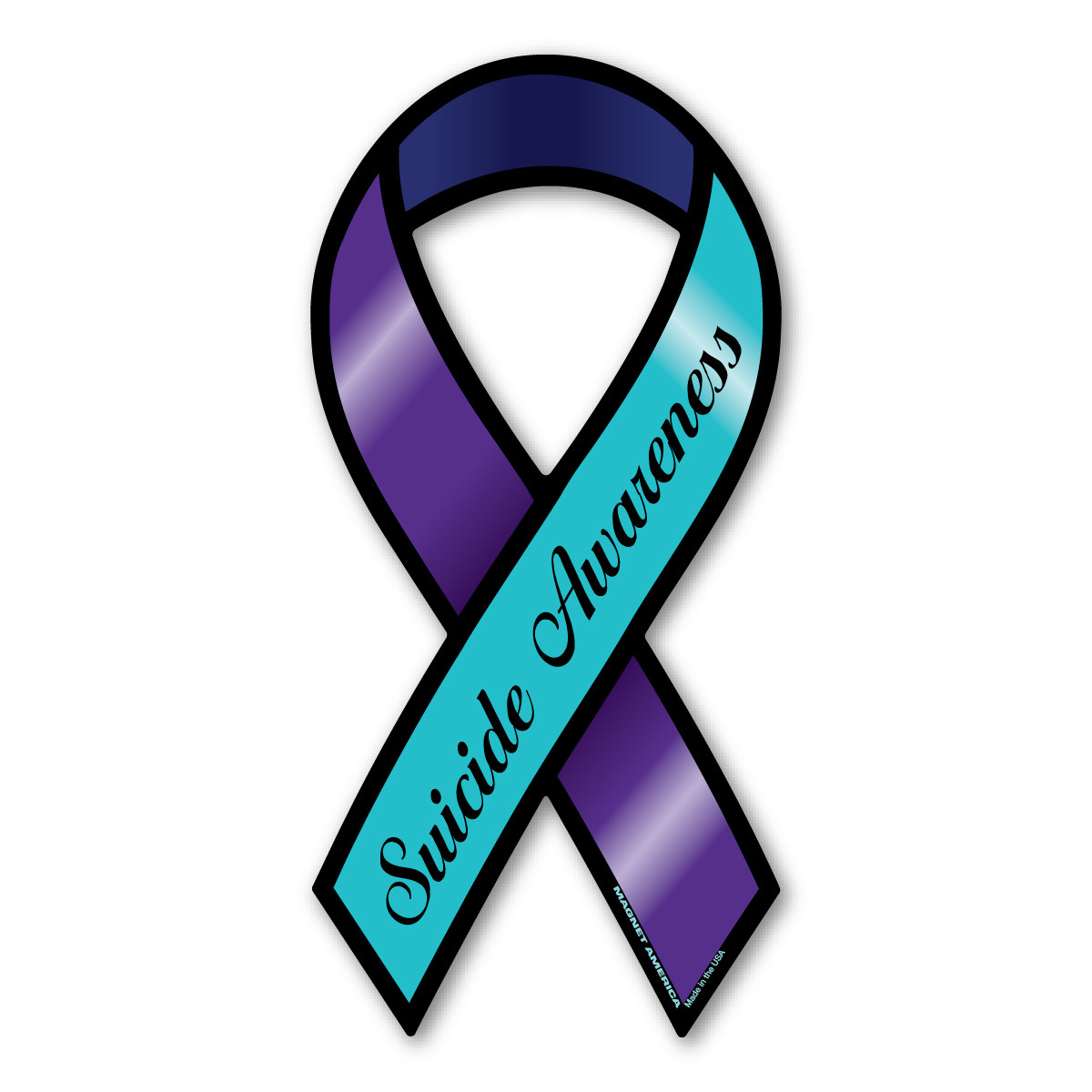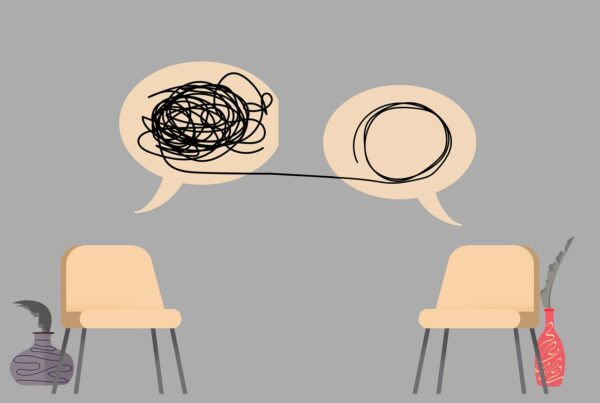September is National Suicide Prevention Month. There are an average of 123 suicides each day in the USA. Further, the World Health Organization (WHO) and the Global Burden of Disease study estimate that almost 800,000 people die from suicide every year. That’s one person every 40 seconds.
It’s the tenth leading cause of death in America — second leading for ages 25-34, and third leading for ages 15-24.
Dr. Blaise Aguirre, MD author and co-author of multiple books and Medical Director of the 3East DBT continuum and is an expert in the etiology and treatment of suicidal behavior. In this webinar he will provide insight and understanding and answer what carers, whether as parents, teachers, school counselors, or therapists can do to help. This webinar is geared towards family, friends, and therapists.
Learning Objectives | By the conclusion of this event, participants will:
- Recognize the epidemiology and seriousness of suicide in adolescents
- Understand some of the myths around suicide awareness
- Develop and reinforce ideas about what is helpful and what is not in caring for a suicidal adolescent
Instructor | Blaise Aguirre, MD, is a child and adolescent psychiatrist. He is a trainer in, and specializes in, dialectical behavior therapy (DBT) as well as other treatments for borderline personality disorder and associated conditions. He is an Assistant Professor of Psychiatry at Harvard Medical School. He is the founding medical director of 3East continuum of care, an array of programs for teens that uses DBT to target self-endangering behaviors as well as the symptoms of borderline personality disorder (BPD) traits. Dr. Aguirre has been a staff psychiatrist at McLean Hospital since 2000 and is nationally and internationally recognized for his extensive work in the treatment of mood and personality disorders in adolescents. He lectures regularly throughout the world.
Dr. Aguirre is the author or co-author of many books including Borderline Personality Disorder in Adolescents, Mindfulness for Borderline Personality Disorder, and DBT For Dummies.
We want to thank the following DBT practices for supporting this webinar:
Brooklyn Heights Behavioral Associates





